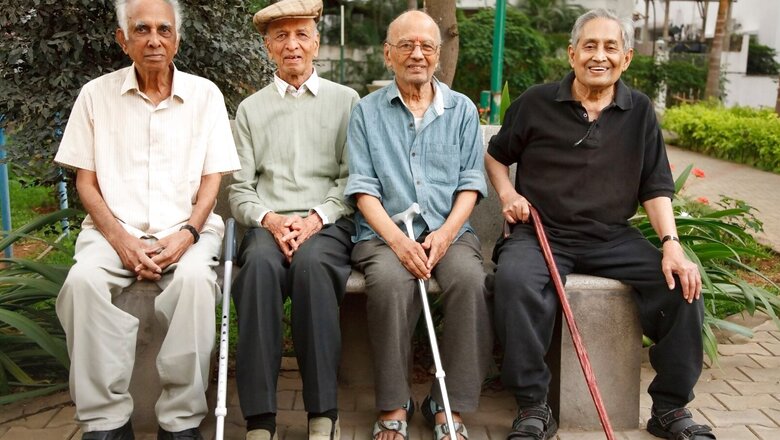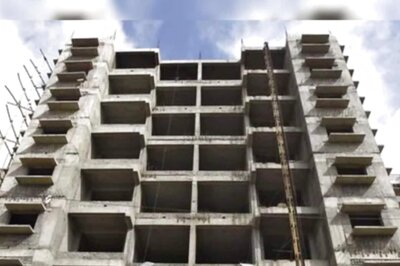
views
The Union government may take up the Maintenance and Welfare of Parents and Senior Citizens (Amendment) Bill, 2019 — pending for the last two years — during the upcoming Winter Session of Parliament.
The Maintenance & Welfare of Parents & Senior Citizens (Amendment) Bill, 2019, was first introduced in the Lok Sabha in December 2019. It was referred to a Standing Committee around the same time for examination and its report was presented in the Lok Sabha in January this year.
The bill aims to amend the Maintenance and Welfare of Parents and Senior Citizens Act, 2007. The amendments in the bill were based on the recommendations of various stakeholders, including the National Council of Senior Citizens.
“The Maintenance and Welfare of Parents and Senior Citizens (Amendment) Bill, 2019, seeks to expand the scope of the Act by modifying the definitions of ‘children’, ‘parents’, ‘maintenance’, ‘welfare’ and ‘senior citizens’, to enable parents and senior citizens to lead a life of dignity,” reads the text of the bill.
It says that “children”, in relation to a parent or a senior citizen, means his son or daughter, whether biological, adoptive or step-child and includes his son-in-law, daughter-in-law, grandson, grand-daughter and the legal guardian of minor children, if any. As per the principal Act or the 2007 Act, ‘children’ means children and grandchildren, excluding minors.
The amendment will expand the scope of “parent” to father or mother, whether biological, adoptive or step-parent and includes father-in-law, mother-in-law and grandparents, whether or not a senior citizen. As per the principal Act, parents include biological, adoptive, and step-parents.
The proposed bill has also expanded the definition of “maintenance” and “welfare”. It says that “maintenance” includes provision for food, clothing, housing, safety and security, medical attendance, healthcare and treatment necessary to lead a life of dignity. The principal Act had termed maintenance as the provision of food, clothing, residence, medical attendance and treatment. The Amendment Bill now includes ‘life of dignity’ under maintenance.
Further, “welfare” means provision for food, clothing, housing, safety and security, medical attendance, healthcare, treatment, recreation and other amenities necessary for the physical and mental well-being of parents and senior citizens.
In addition, the amendments also proposed to remove the maximum restricted limit of Rs 10,000 per month for maintenance as prescribed in the principal Act. The 2007 Act had restricted the maintenance relief per month to an amount not exceeding Rs 10,000. Now, the order for maintenance may also direct to provide other resources and care for the maintenance, besides the monthly allowance. The tribunal may now take into consideration the standard of living and earning of the parent/senior citizens or of the children or relative, while determining the maintenance.
As per the 2011 Census, India has more than 10 crore senior citizens, including five crore women. Well-being of older persons has been mandated in the Constitution of India. Article 41, a Directive Principle of State Policy, has directed that the State shall, within the limits of its economic capacity and development, make effective provision for securing the right of public assistance in cases of old age. There are other provisions too which direct the State to improve the quality of life of its citizens. Right to equality has been guaranteed by the Constitution as a Fundamental Right. These provisions apply equally to older persons.
The Winter Session of Parliament will be held from November 29 to December 23.
Read all the Latest India News here



















Comments
0 comment